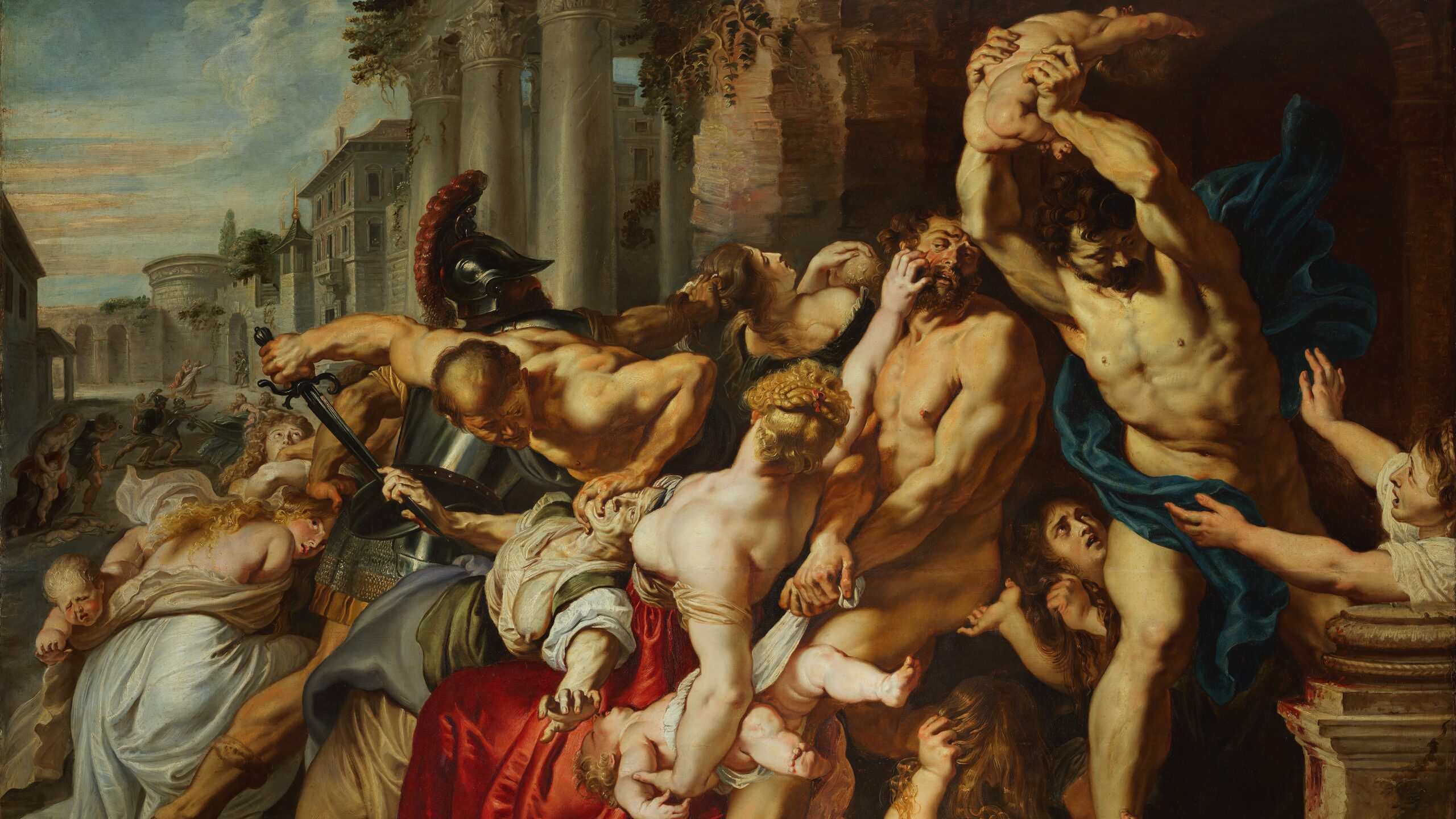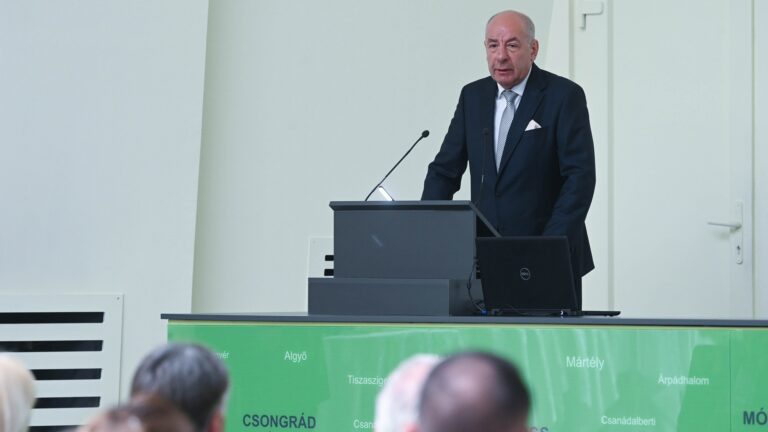As we gather with family in the serene glow of Christmas, the enchantment of love and joy envelops us. The joy of giving, candlelight radiance, and the Bethlehem star’s hope remind us that Christ’s birth brought meaning to the world. Yet, the deeper essence of this season includes the witness of those who bore the ultimate sacrifice for love and faith. These are the martyrs of Christmas, whose lives and deaths deepen the spiritual dimension of the celebration.
Saint Stephen: The Light of Martyrdom
Saint Stephen, venerated as the first Christian martyr, holds a pre-eminent place in church history. As a deacon, he was entrusted by the apostles with a special mission: to serve the poor and needy of the Jerusalem community. Yet his life was not solely marked by deeds of charity but also by his bold testimony to the risen Christ, a witness that cost him his life.
Stephen’s name derives from the Greek word ‘crown’, symbolically foreshadowing his martyrdom and the crown of faith he would receive. As recorded in the Acts of the Apostles (Acts 6:1–15; 7:1–60), Stephen was filled with the Holy Spirit, and endowed with wisdom and courage. While ministering to the poor and proclaiming the Gospel, his words and actions stirred both awe and hostility, particularly among certain Jewish religious leaders.
False witnesses accused Stephen of blasphemy against Moses and God, claiming he was taught that Jesus would destroy the Law and the Temple. Confronted by the hostile council, Stephen did not defend himself with excuses but delivered a fearless and passionate speech. He reminded his accusers of God’s covenants and the testimony of the prophets, ultimately accusing them of resisting the Holy Spirit and betraying the ‘Righteous One’, Jesus Christ.
‘Stephen’s martyrdom was not only an act of unwavering faith but also a profound testament to divine love and forgiveness’
Stephen’s speech enraged the council, who immediately sentenced him to death. Dragged outside the city, he was stoned to death. In his final moments, Stephen experienced a heavenly vision of Christ standing at the right hand of God. This vision strengthened his faith and witness. His last words echoed Christ’s on the cross: ‘Lord, do not hold this sin against them,’ forgiving his killers even as he perished. Stephen’s martyrdom was not only an act of unwavering faith but also a profound testament to divine love and forgiveness.
The Legacy of Saint Stephen
The significance of Stephen’s martyrdom extends far beyond the first century. His life and death exemplify the deepest values of the Christian faith: steadfastness, trust in the Holy Spirit, and the power of forgiveness. His testimony inspired the early church to stand firm in the face of persecution and continues to inspire believers today.
Saint Stephen’s feast day, 26 December, immediately following Christmas, symbolizes the inseparability of Christ’s birth and the call to sacrifice. Stephen’s example teaches us that living the faith involves not only joy but also struggle and fidelity. His story reminds us that following Christ sometimes demands great sacrifices but also brings the promise of eternal life. It is perhaps no coincidence that Hungary’s first Christian king, later canonized as Saint Stephen, took his name and embodied this spirit of faith and sacrifice.
Saint John the Apostle: The Beloved Evangelist
Celebrated on 27 December, Saint John, one of Jesus’s twelve apostles, holds a unique position in Christian history. Known as the ‘Evangelist’, John authored the fourth Gospel, the Book of Revelation, and three apostolic letters. Though he was the only apostle not to suffer martyrdom, his unwavering faith and love for Christ mark his life as one of profound witness.
John was especially close to Jesus, referred to in the Gospels as ‘the disciple whom Jesus loved’. At the Last Supper, he sat beside Jesus, and at the crucifixion, the Saviour entrusted him with the care of His mother, Mary. This act elevated John to the spiritual family of all believers. John spent his later years in Ephesus, preaching Christ’s commandment of love and remaining faithful despite exile to the island of Patmos.
John’s teachings, centred on love, faith, and light, remain foundational in Christian doctrine. His life demonstrates that fidelity to Christ need not always entail physical martyrdom; it is equally manifest in a life devoted to God’s will and the proclamation of the Gospel.
Saint Thomas Becket: Martyr for Faith and Church Autonomy
Saint Thomas Becket (1118–1170), Archbishop of Canterbury, stands as one of the most dramatic examples of the clash between secular power and the Church’s rights and freedoms. Once a trusted chancellor and confidant of King Henry II, Thomas’s appointment as Archbishop in 1162 marked a profound transformation. Embracing deep religious conviction, he became a staunch defender of the Church’s independence.
Conflict arose over the ‘Constitutions of Clarendon’, which sought to subordinate the Church to royal authority. Thomas opposed these measures, leading to his exile in France. Upon his return to Canterbury, tensions with the king remained unresolved. On 29 December 1170 four knights, acting on what they perceived as the king’s wishes, brutally murdered Thomas in Canterbury Cathedral. His martyrdom shocked Europe and became a symbol of the Church’s struggle for justice and liberty.
Canonized in 1173, Thomas’s shrine in Canterbury became a major pilgrimage site. His feast day, 29 December, reminds us that standing for faith often entails great personal cost but remains integral to following Christ.
The Holy Innocents: Silent Witnesses
On 28 December, the Church commemorates the Holy Innocents, the young boys of Bethlehem slain by King Herod’s decree. Fearing the prophecy of a ‘King of the Jews’, Herod ordered the massacre of all boys under the age of two. These children, who died in Christ’s stead, are considered the first martyrs, as their lives were taken because of the Saviour whom the world rejected.
The memory of the Holy Innocents occupies a poignant place in the Christmas season. Their purity and innocence proclaim the power of sacrifice, even amidst injustice. Their story reminds us that even the smallest among us play a role in God’s divine plan.
Modern Martyrs: Defenders of Faith Today
Martyrdom is not confined to the past; it persists in the present. Around the world, many Christians celebrate Christ’s birth under threat of violence. In numerous regions, churches are attacked, congregations targeted, and believers persecuted for their faith. These modern martyrs bear witness to the enduring power of love and faith in the face of fear.
Their sacrifices remind us that Christmas is not merely a celebration of joy but also a lesson in resilience and fidelity. The witness of contemporary martyrs calls attention to the courage required to proclaim Christ’s name in a world where such faith is often costly.
‘Christmas is not merely a celebration of joy but also a lesson in resilience and fidelity’
In the spirit of solidarity with the persecuted and oppressed, Hungary has taken meaningful steps to aid those suffering for their faith. Through initiatives like the Hungary Helps programme and the establishment of the Secretariat for Persecuted Christians, the nation extends support to communities facing existential threats due to their Christian beliefs. These efforts not only provide humanitarian aid but also shine a light on the ongoing struggles of modern martyrs.
Hungary’s commitment emphasizes the relevance of the martyrs’ sacrifices in today’s world. By offering protection, rebuilding churches, and advocating for religious freedom on the global stage, these programs echo the call to embody Christ’s love through action. This modern witness reinforces the enduring significance of the martyrs of Christmas, whose lives inspire resilience, faith, and the pursuit of justice.
The Significance of Martyrdom
The memory of the martyrs of Christmas invites us to recognize that the season is not only about joy and blessings but also about sacrifice and steadfastness. These saints and unnamed heroes, who gave their lives for Christ, teach us that true love is never easy. Yet, through sacrifice, we partake in the light that Christ’s birth brought into the world.
The true joy of Christmas lies in the redemption we experience despite suffering. The martyrs’ witness embodies the eternal hope of Advent: that light triumphs over darkness and Christ’s kingdom redeems every life.
Related articles:








